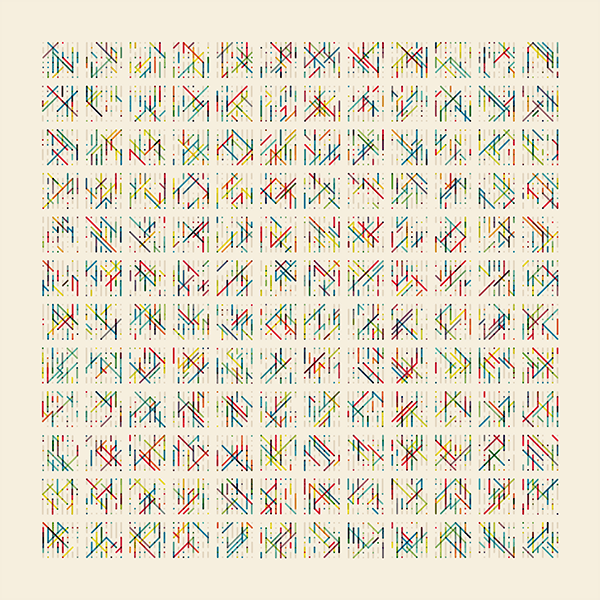



LCP












AI classifies space-time
Gravity
A neural network learns to classify different types of spacetime in general relativity according to their algebraic Petrov classification.
Machine-learning the classification of spacetimes
On the long-established classification problems in general relativity we take a novel perspective by adopting fruitful techniques from machine learning and modern data-science. In particular, we model Petrov's classification of spacetimes, and show that a feed-forward neural network can achieve high degree of success. We also show how data visualization techniques with dimensionality reduction can help analyze the underlying patterns in the structure of the different types of spacetimes.